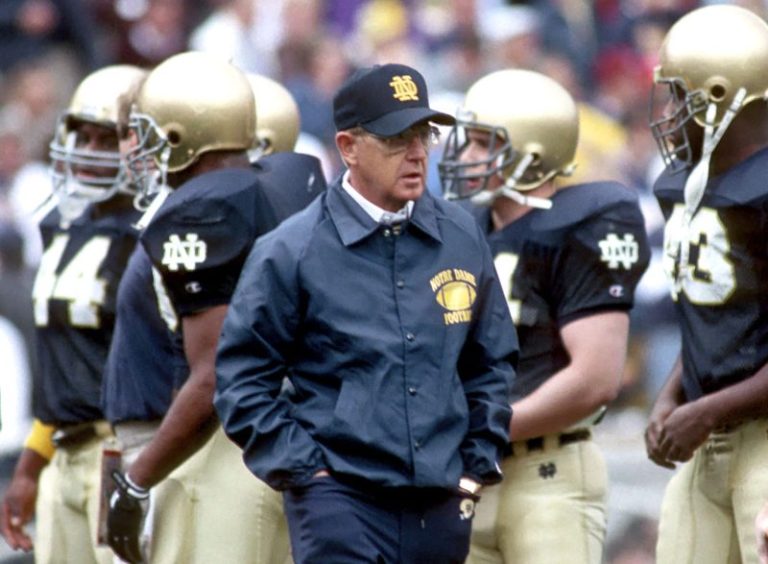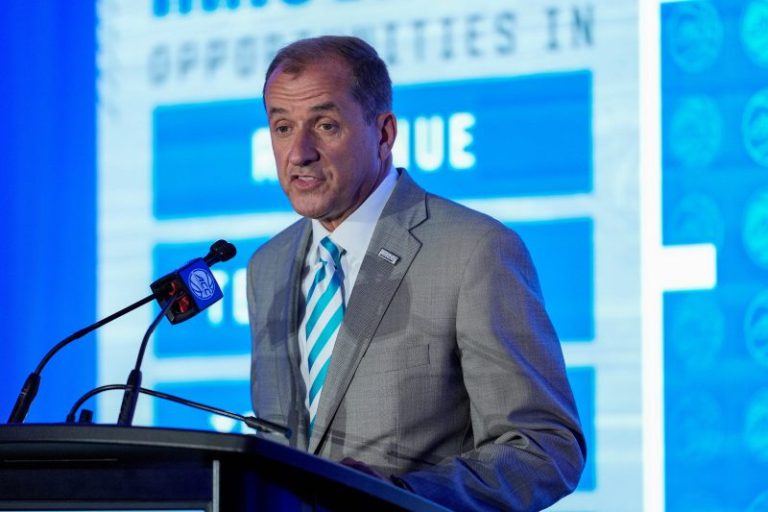The House of Representatives censured the late Roderick Butler, R-Tenn., in 1870 for taking a bribe for a military academy appointment.
The House also censured late Rep. Thomas Blanton, D-Texas, in 1921 for inserting a document into the Congressional Record which contained obscene language.
And late Rep. Gerry Studds, D-Mass., faced censure in 1983 for having sex with a 17-year-old page.
Those are three of the 28 Members ever censured by the House.
Rep. Ilhan Omar, D-Minn., did not become the 29th Member slapped with censure recently.
That’s probably because Rep. Cory Mills, R-Fla., was one of four Republicans who joined Democrats to block a censure of Omar. And in so doing, Mills may very well have prevented himself from becoming the 30th House Member to be censured.
Censure is the second-highest form of discipline in the House. It falls between a reprimand and expulsion. Censure is more than a regular foul in a soccer game. Kind of like a yellow card, which serves as a caution. But it’s not a red card, either, which triggers ejection.
That said, censure has become a ‘thing’ in recent years on Capitol Hill. If the House were to ever consider censuring any Member, such an inquest would go behind closed doors with the Ethics Committee. An inquiry may take months.
No more. ‘Snap’ censures are now fashionable in the House of Representatives.
Here’s how it works:
Someone thinks someone says a colleague says something outrageous. So they just prep a censure measure, go over the head of the Congressional leadership by making their resolution privileged (meaning the House must consider it within two days) and, if the House votes in favor of your gambit, that Member is censured.
Done.
Rep. Nancy Mace, R-S.C., crafted a resolution to censure Omar and strip the Minnesota Democrat from her committee assignments. Mace accused Omar of using inflammatory rhetoric in the wake of Charlie Kirk’s assassination.
During an appearance on the news outlet Zeteo, Omar claimed ‘there is nothing more effed up, than to completely pretend that his words and actions have not been recorded and in existence for the last decade or so.’ Mace’s resolution quoted from a profane social media video not produced by Omar — but reposted by her — which fired invective at Kirk.
Mace’s maneuver came as leaders from both sides tried to urge calm at the Capitol amid the assassination of Charlie Kirk.
‘Every leader has an obligation to lower the temperature right now,’ said House Democratic Caucus Chairman Pete Aguilar, D-Calif. ‘I disagree with the retweet of one of our one of our colleagues.’
Aguilar said that Mace’s resolution to sanction Omar was not ‘helpful.’
‘Every member of Congress, and certainly the President of the United States, have a responsibility to take the temperature down,’ said House Minority Leader Hakeem Jeffries, D-N.Y. ‘Nancy Mace wants to lecture Ilhan Omar and Democrats about civility? Are you kidding me? It’s not a serious effort. It’s an effort to drive donors into her gubernatorial campaign.’
For his part, House Speaker Mike Johnson, R-La., didn’t try to sidetrack Mace. He declared that ‘Members have a prerogative to file privileged motions.’
‘What she did was outrageous and dangerous. And there has to be accountability in the House for these kinds of activities,’ said Johnson. ‘I don’t understand why she uses that kind of language.’
Mace and Omar wound up tangling over the censure resolution on X.
‘One-way ticket to Somalia with your name on it, Ilhan Omar,’ posted Mace.
‘I am going soon, so please drop off the tickets on your way to your office. I am next door,’ retorted Omar.
The Minnesota Democrat added that Mace was either not ‘well or smart.’ She added ‘you belong in rehab, not Congress.’
Democrats defended Omar.
‘When we are all trying to take the political temperature down, when we are all trying to work to be able to approach our differences with humanity and stand out against political violence, this is the wrong move,’ said House Minority Whip Katherine Clark, D-Mass.
But lawmakers from both sides are growing weary of the censure trap.
‘Every time a Republican in this House is offended, they pile on censure resolution,’ said Rep. Alexandria Ocasio-Cortez, D-N.Y. ‘I’m not here to be fighting over whatever people’s schoolyard thing is for the day.’
‘It’s escalation,’ said Rep. Don Bacon, R-Neb., of Mace’s maneuver. ‘You’ve got to remember, we’re going to be in the minority someday. We’ll be on the receiving end of this.’
Bacon added that Congress is now ‘better at shaming people versus legislating.’
Ultimately, the House never took a direct vote on sanctioning Omar. Democrats instead moved to ‘table’ or kill the resolution. That blocked an actual up/down vote on disciplining Omar. The House then voted 214-213 in favor of tabling Mace’s measure. All 210 Democrats who cast ballots voted to table. But four Republicans joined Democrats: Reps. Mike Flood, R-Neb., Jeff Hurd, R-Colo., Tom McClintock, R-Calif., and Mills.
A ballot by Mills against tabling would have reversed the final tally to 214-213. That means the House would have proceeded immediately to the actual vote to censure Omar. But Mills’ vote with the Democrats froze Mace’s effort.
It’s unclear if Mills based his decision on self-preservation. But had the House censured Omar, it would have undoubtedly triggered a resolution by Rep. Greg Casar, D-Texas, to sanction Mills.
Casar’s resolution accused Mills of assault – which Casar denies. It also alleged that Mills improperly received the Bronze Star when he served in the Army. But once the House diffused the Omar measure, Casar withdrew his plan for Mills.
Flood explained his vote to table.
‘I’m going to vote in ways that support the Ethics Committee,’ said Flood. ‘If we were to pursue a censure action against this Representative, that should be referred to the Ethics Committee. It should be investigated. There should be due process. There should be a back and forth before you issue a censure.’
Mace excoriated her Republican colleagues who voted to table.
‘They didn’t stand with Charlie Kirk. They didn’t stand with the millions of Americans mourning his death. They stood with the one who mocked his legacy. They showed us exactly who they are. And we won’t forget,’ said Mace in a statement.
But censure is now en vogue.
The House censured no members between Studds in 1983 and late Rep. Charlie Rangel, D-N.Y. in 2010. But five Members have felt the weight of censure since 2021.
The House voted to censure Rep. Paul Gosar, R-Ariz., for posting a cartoon video depicting him killing Ocasio-Cortez.
Republicans then began returning the favor.
The House voted to censure former Rep. and now Sen. Adam Schiff, D-Calif., for how he handled the Russiagate investigation. Rep. Rashida Tlaib, D-Mich., faced censure for her comments after Hamas attacked Israel. The House censured former Rep. Jamaal Bowman, D-N.Y., for pulling a false fire alarm. And the House voted earlier this year to censure Rep. Al Green, D-Texas, for heckling President Trump during his State of the Union speech.
Members have embraced censure lately. Those censured have characterized it as a ‘badge of honor.’ They’ve fundraised off censure. Their colleagues have even engineered a pep rally in the well of the chamber to drown out the House Speaker when he issues the censure.
This probably won’t be the House’s last dalliance into the realm of censure.
‘It just seems like every week or so we want to censure somebody for something,’ lamented Rep. Troy Nehls, R-Tex., who is no fan of Omar. ‘A lot of people say a lot of stupid stuff around here.’
This is Congress. So you can bet that someone will say some ‘stupid stuff’ soon. And unless lawmakers can restore some calm, there will be another effort to censure someone else any day now.
This post appeared first on FOX NEWS










